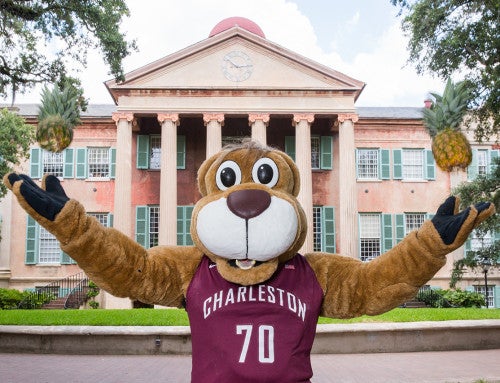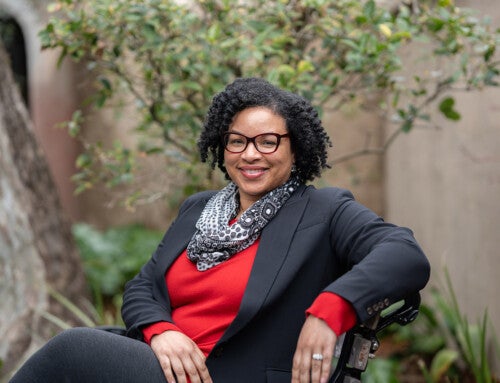Rarely do you hear the words “academia” and “reality TV” uttered in the same sentence, but that’s just what occurred when two CofC economics professors, Doug Walker and Peter Calcagno, published a research paper earlier this year.
Titled “How Effective Are Expert TV Hosts At Saving Failing Businesses,” the 16-page analysis is the first comprehensive and scientific examination of business-intervention shows. It appeared in the academic journal Contemporary Economic Policy and was co-authored by Russell Sobel, an economics professor at The Citadel, and his daughter Reagan Sobel ’18, a hospitality and tourism management major and economics minor who did a lot of the data collection.
“The idea for the paper was the result of noticing that for many of these programs, such as the restaurants featured in Kitchen Nightmares and Restaurant Impossible, and the bars in Bar Rescue, the businesses probably deserve to fail,” says Walker. “For example, one bar featured on Bar Rescue was a pirate-themed bar that anyone should realize will not appeal to much of the general public.”
Lest you get the impression they’re all just bookish academics who never actually stooped to watching reality TV unless forced to do so for research purposes, think again.

Jon Taffer hosts Bar Rescue, which inspired two CofC professors to research the outcomes of business-intervention television shows. (Photo courtesy of Bar Rescue)
“The idea came about in part when we realized we were all watching and enjoying these shows and then we began to talk about how bad some of the businesses were and that they should fail even with the help,” says Calcagno, who is the founding director of the College’s Center for Public Choice and Market Process. “I knew we all watched Bar Rescue, which is what started the conversation about the paper. I personally watched Kitchen Nightmares, Restaurant: Impossible, and Tabatha Takes Over. Between us we watched several, but I don’t think any of us realized how many shows there are.”
To conduct their research, they compiled data on every business (more than 500) that appeared on 11 different shows, including Hotel Hell (Fox), Hotel Impossible (Travel Channel) and The Profit (CNBC), by watching hundreds of hours of episodes, examining thousands of customer reviews, and interviewing owners, employees and local reporters.
“In many cases, these business owners were apparently doing such a bad job managing their restaurants and bars that ‘the market’ would likely lead to them closing anyway,” says Walker, whose primary research focus is on the economic and social impacts of legalized gambling. “Not every restaurant will or should survive in a competitive market. Take Charleston as an example. We have many excellent restaurants, and if one is not consistently serving great food with great service, it will be tough to survive here. This competition in the market is to the benefit of consumers and to the businesses who serve them well.”
But can the impact of a celebrity host and the publicity surrounding the airing of the show fix all of a struggling business’ problems? That’s a tall order given that many of the issues are the result of years of neglect, poor training of staff and interpersonal conflicts. The authors discovered that the establishments actually end up doing worse than the average business in their industry.
“The best the show seemed to have done for them was some public exposure, which maybe prolonged their life by a few months,” notes Walker, who wondered why some shows were still airing if they weren’t successful with the interventions. “We think the answer is that it’s the TV business. The goal is to be entertaining – to get ratings and sell advertisements.”
Now if there were a show called “Restaurant Accounting Theory and Methods,” Walker notes, it might really help the businesses in question, but it would surely fail as a TV show.
“That wouldn’t entertain,” he says. “This explains why the shows often feature businesses that have terrible food, are horrendously dirty with rat and roach infestations or have stubborn or stupid owners. These scenarios create conflict between the show’s host and the business owner, which for many viewers is apparently entertaining.”
And evidently makes for an interesting academic paper, as well.




